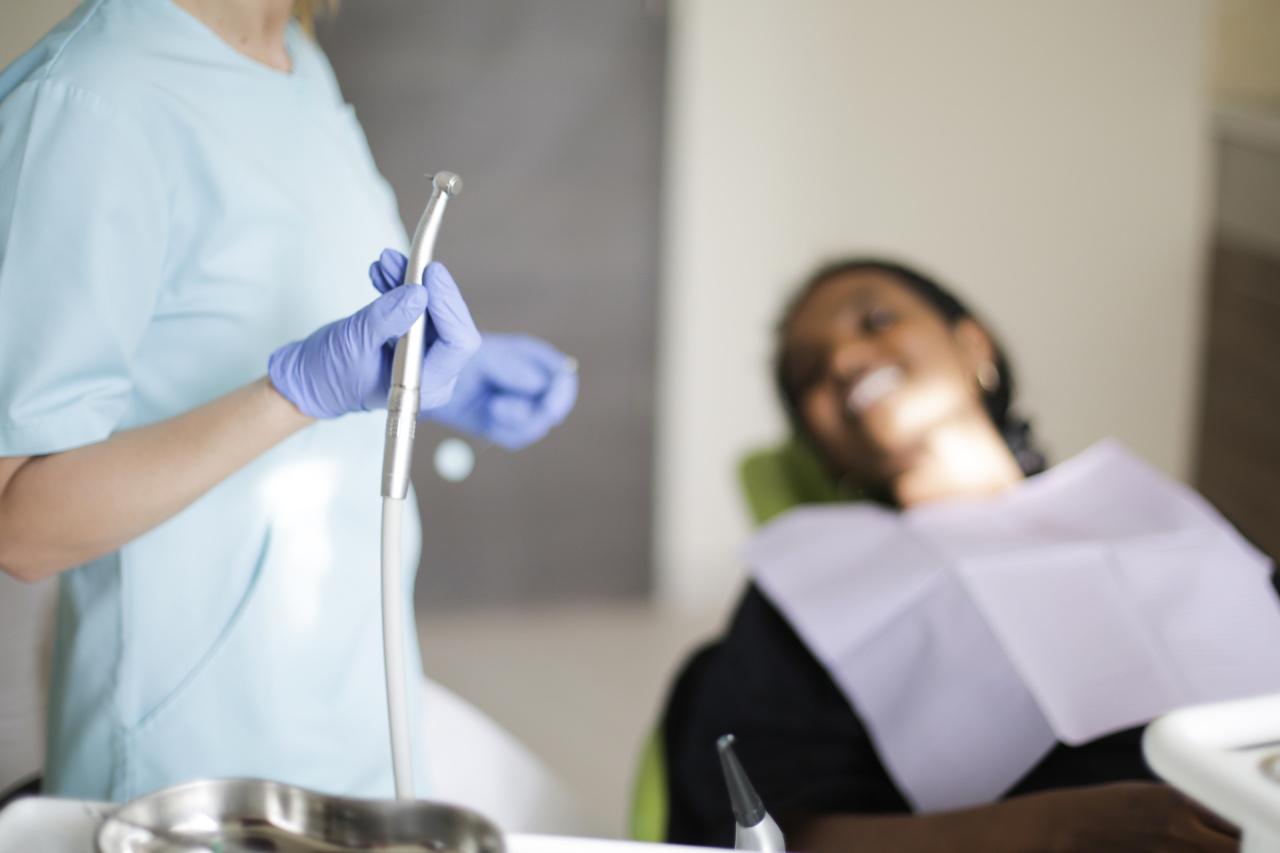For parents, it’s only natural to track every milestone in a baby’s development; the first smile, the first word, the first steps. Another important yet often overlooked development is the growth of baby teeth.
Although they’re eventually replaced with adult teeth, baby teeth play a vital role in a child’s overall health and development. In this article, we will explore the connection between baby teeth and a child’s overall health.
The Formation of Baby Teeth
Believe it or not, the formation of baby teeth starts before a baby is even born. The tooth buds and enamel (the hard, outer layer of the teeth) begins to develop in the fetus.
The first baby teeth usually start to appear between six and ten months of age, and the last ones typically come in around the age of three. By age six, most children will have lost their baby teeth and have their adult teeth.
The Importance of Baby Teeth
Baby teeth are essential because they act as placeholders for adult teeth. If baby teeth are lost prematurely, the surrounding teeth can shift and move into the space left behind, causing crowded or crooked teeth.
This can lead to an uneven bite, which can cause a host of dental problems and can even affect a child’s speech development.
But that’s not all. Baby teeth also play a vital role in a child’s nutrition.
Chewing food is the first step in the digestive process, and children with dental problems may not be able to chew their food effectively, leading to poor nutrition and overall health.
The Connection Between Baby Teeth and Oral Health
Oral health is an important part of overall health. Poor oral hygiene can lead to tooth decay, gum disease, and other health problems.
If baby teeth are not properly cared for, they can develop decay, which can spread to the adult teeth, which can lead to costly dental procedures.
Regular brushing and flossing, along with routine dental checkups, can help prevent dental problems.
Make sure to start brushing your child’s teeth as soon as they appear, and supervise them while they brush until they are old enough to do it themselves. Also, schedule your child’s first dental appointment when their first tooth appears or no later than their first birthday.
The Connection Between Baby Teeth and Speech Development
The development of speech in children is closely tied to the development of baby teeth.
Baby teeth help children learn proper mouth placement for speech sounds such as “t,” “s,” and “ch.” If a child has dental problems, they may have difficulty in articulating sounds correctly. This can lead to speech problems that can persist into later years, affecting their social and academic development.
The Connection Between Baby Teeth and Self-Esteem
Baby teeth can also affect a child’s self-esteem. Children with discolored or crooked teeth may be embarrassed to smile or laugh, affecting their social interactions and overall confidence.
By ensuring that baby teeth are properly cared for, parents can help their children feel good about their smiles and promote positive self-esteem.
The Connection Between Baby Teeth and Habits
Baby teeth can also be affected by habits such as thumb-sucking, bottle-feeding, and pacifier use. Thumb-sucking and pacifier use can affect the development of the teeth and the shape of the mouth.
Prolonged bottle-feeding can lead to cavities and other dental problems. It’s important to break these habits early to prevent dental problems down the road.
The Bottom Line
As parents, it’s essential to care for baby teeth to promote overall health and development in children.
By instilling proper oral hygiene habits early on, parents can help their children develop healthy teeth and gums that will carry them into adulthood. So don’t forget to add baby teeth care to your list of milestones to celebrate!.

























